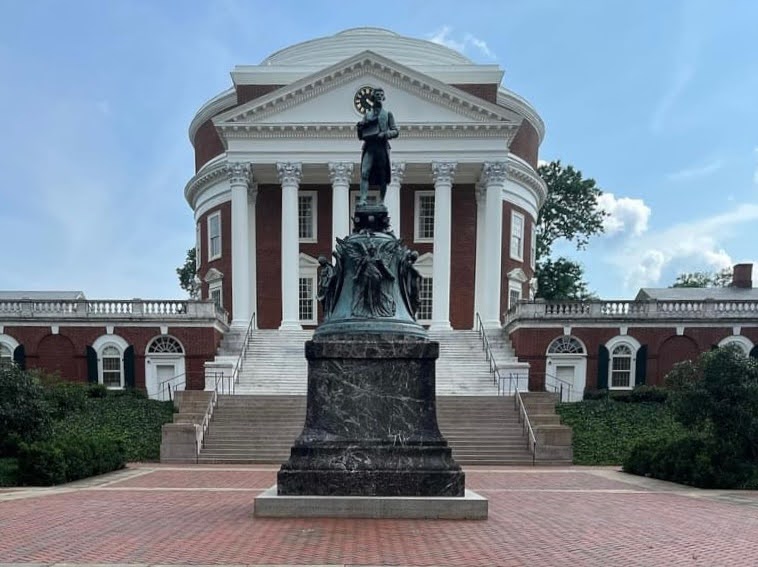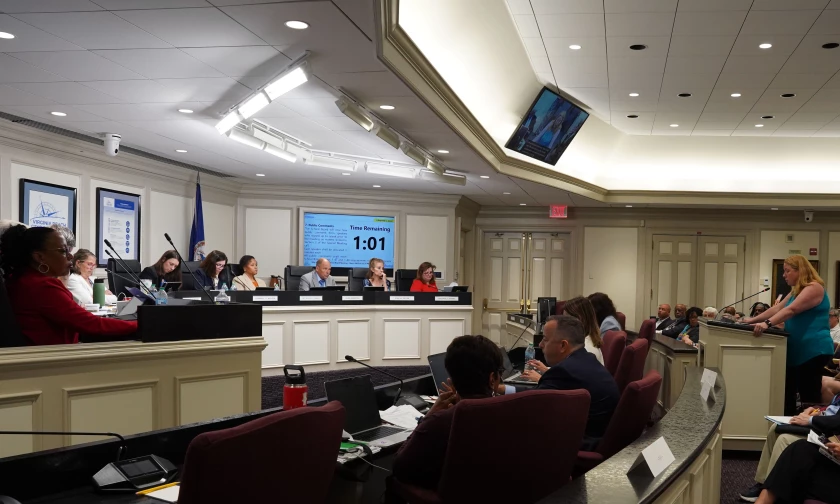Increased job opportunities, a more highly educated society and less debt, summarize the version of “free college” religiously shoved down the throats of students nationwide.
However, these advertised benefits would not blossom alongside free college tuition. Instead, they would decay.
Multiple plans have arisen to solve the issue of the cost of free college tuition. However, these plans cost billions of dollars, billions the government cannot afford to spare.
A newly introduced method, a wealth tax of just 1% for the top of the economic class, has undoubtedly gained support. However, Congress has vetoed bills to sanction this method, which renders this option useless, according to congress.gov.
A less legally controversial method would be to place the burden in the hands of U.S. citizens. This amounts to taxpayers paying significantly higher taxes for the rest of their lives.
This idea holds a well-understood terror.
Lower and middle-class families continue to suffer due to the current state of the economy. It cannot be guaranteed that these families could continue to provide for themselves if the government demanded even more money.
The extinction of student loans excites many. A collective mindset exists that student loans can only be harmful, yet this could not be farther from the truth.
Student loans are one of the first major financial transactions one could have. These loans provide young adults with crucial experience in finances and teach the importance of payment deadlines and maintaining a good credit score.
If free college is carried out, educational positions would remain severely understaffed.
For example, during the 2023-24 school year, 42% of public schools reported being understaffed, according to the National Center for Education Statistics.
With a need for additional campuses to be built, classrooms will become unhealthily overcrowded with a low number of teachers stretched painfully thin. Even if the government could guarantee free college tuition, they may be unable to guarantee a solid education.
The working class would not be earning more money, there wouldn’t be more job opportunities, and students couldn’t even graduate with the confidence of a well-polished resume. Free college tuition would add irreversible consequences to the economy and job force.
Without a serious change to the financial and ideological structure of the government, free college will forever remain just out of grasp.
However, change is inevitable.
In the past, ideas for the betterment of society have been cast aside simply because they were labeled as impossible. Yet when a change occurs in the government, these goals are impossible no longer. The 19th Amendment, the Civil Rights Act of 1964 and the Equal Marriage Act of 2014 are all products of this.
Free college would be detrimental today, but it will never be impossible. It will be a challenge, one placed in the hands of younger generations already determined to bring forth meaningful change and conquer seemingly impossible tasks.
Get involved with the free college tuition debate by registering to vote and supporting the National Education Association (NEA).












